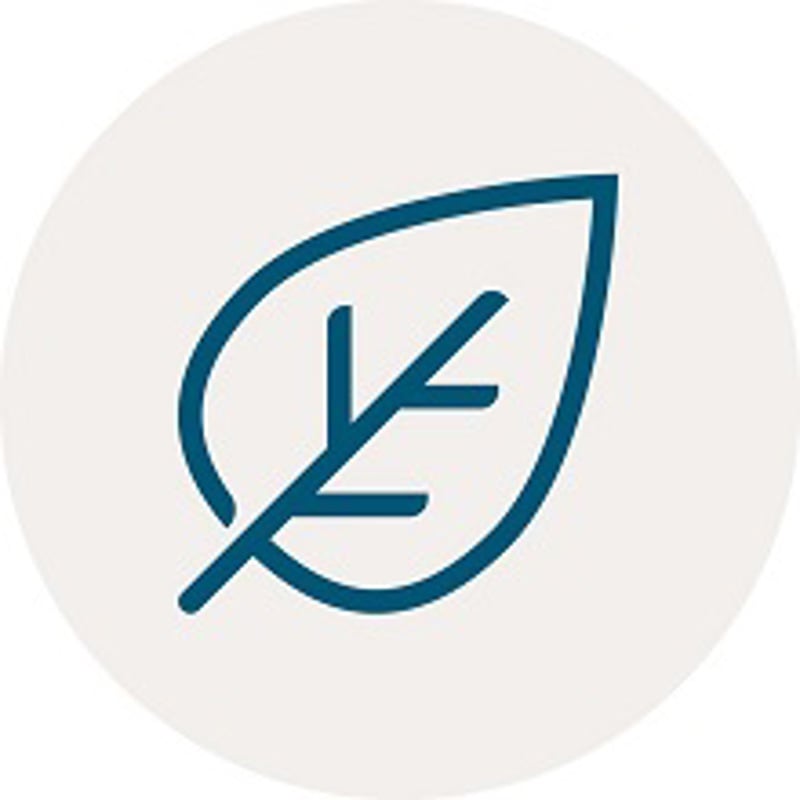| Goals |
Key activities |
Status 2021 |
| Production (Scope 1, 2) |
|
|
- Reduce carbon emissions from production by 50% (equivalent to 4,000 tons CO2e*, baseline 2019) by 2030
|
- Program for energy-efficiency enhancement has been
initiated at every production unit
- Increased use of renewable energy
|
- Total carbon emissions from production: 2,509 tons CO2e*
- Share of renewable energy: 42%
- CO2 emissions in relation to production area: 0.05 (CO2e*/m2)
- Two production units have transitioned to 100% renewable electricity
|
| Vehicles (Scope 1) |
|
|
- Reduce carbon emissions from production by 50% (equivalent to 22,000 tons CO2e*, baseline 2019) by 2030
|
- Gradual transition to low emission vehicles
- Improved calculation method for CO2e* emission using the GHG protocol tool as calculation tool and method.
|
- Total carbon emissions from vehicles: 22,000 tons CO2e*
- Average emission for passenger cars and vans: 178 g CO2e*/km
|
| Transport (Scope 3) |
|
|
- Reduce carbon emissions from transportation by 50% (equivalent to 41,000 tons CO2e*, baseline 2019) by 2030
|
- Increased efficiency through consolidation of customer deliveries
- Continued collaboration with suppliers to reduce carbon emissions
- Enhanced fill rate in transportation
|
- Total carbon emissions from transports: 45,200 tons CO2e*
- The amount of air transport rose during the year due to challenges in the global supply chain caused by the pandemic
|
| Business travel (Scope 3) |
|
|
- Reduce carbon emissions from transportation by 50% (equivalent to 20,000 tons CO2e*, baseline 2019) by 2030
|
- Reduced travel and increased number of digital meetings, and opting for sustainable alternatives such as rail instead of air travel
|
- Total carbon emissions from business travel: 1,200 tons CO2e*
- Business travel dropped significantly during the year due to the pandemic
|
| Waste management - hazardous and non-hazardous (Scope 3) |
|
|
- Reduce carbon emissions from waste (hazardous and non-hazardous) by 50% (equivalent to 1,218 tons, baseline 2021) by 2030
- Reduce environmental impact from non-recyclable waste (hazardous and non-hazardous) by 50% (baseline 2021, 495 tons) by 2030
|
- Waste management improved through the use of the waste hierarchy principle based on the strategy to minimize, reuse and recycle material
- Improvement project for waste reduction
|
- Total waste from production: 1,218 tons
- Non-recyclable production waste in relation to total production waste: 40% (495 tons)
- Total hazardous waste in relation to total production waste: 3% (38 tons)
- Total waste related to sales: 0.13 (tons/MSEK)
|
| Packaging |
|
|
- All packaging will be made of 100% recycled or recyclable material (baseline to be defined in 2022) by 2030
|
- Reduction of total amount of packaging
- Increased share of recycled or recyclable packaging
- Increased demands on sub-suppliers regarding recycled and recyclable packaging
|
- Packaging material with recycled contents: 25% (520 tons)
- Packaging material using renewable material (paper,
wood): 98%
|
| Circular economy |
|
|
- Reduce total resource consumption while simultaneously improving performance and customer value
|
- All new product development follows eco-design principles
- Continuous product portfolio lifecycle analyses followed-up by plans to reduce footprint
- Implementation of cross-functional lifecycle analysis training starting in 2021
|
- Life cycle analyses for two products completed
- Two workshops completed globally with 75 participants
from all relevant functions
|
| Governance |
|
|
| Arjo’s Board of Directors monitors progress twice per year, and is responsible for contributing to and approving plans. As a standing item on a monthly agenda, the Arjo Management Team follows the implementation of the plans across the company. Smart, cross-functional teams drive initiatives and projects that proactively contribute to the agenda’s key goals. Every quarter, a sustainability forum is held comprised of managers from all functions and under the management of Arjo’s President and CEO |
